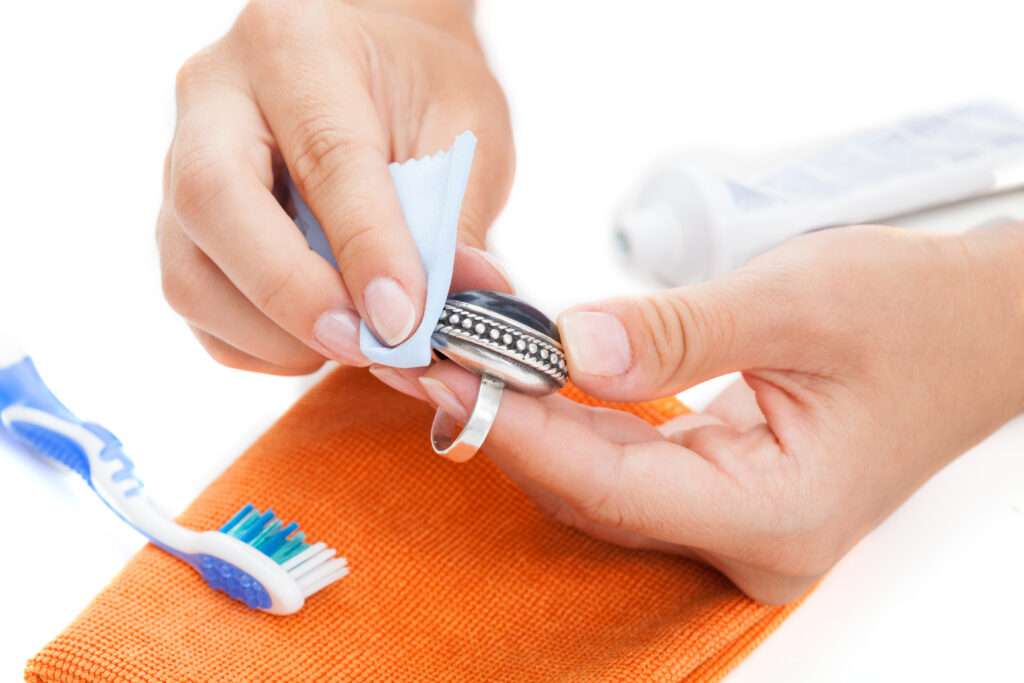Ethiopian Opal Care
The 3 Steps Ethiopian Opal Care: Preserving Nature’s Masterpiece
Ethiopian opals are renowned for their mesmerizing play of colors and unique formations. However, to ensure these precious gems continue to shine brightly, it’s crucial to follow a meticulous Ethiopian opal care routine. In this article, we’ll delve into a 3-step technique that not only preserves the beauty of Ethiopian opals but also enhances their longevity.
Introduction
A. Brief Overview of Ethiopian Opals
Ethiopian opals, unlike their counterparts from other regions, boast a distinctiveness in their formation and a vibrant array of colors. From fiery reds to soothing blues, these opals are truly nature’s masterpiece.
B. Importance of “Ethiopian Opal Care” for Maintaining Opal’s Beauty
While Ethiopian opals are resilient, they are not immune to the impact of dust, dirt, and daily wear. Regular care is essential to maintain their brilliance and prevent potential damage.
Understanding Ethiopian Opals
A. Formation and Unique Characteristics
Ethiopian opals are formed in volcanic rock, resulting in their captivating color patterns. Their porous nature makes them susceptible to absorbing external elements, underscoring the need for careful handling.
B. Vulnerability to Damage and Dirt
Opals are relatively softer than other gemstones, making them prone to scratches. Additionally, their porous nature can trap oils and dirt, dulling their radiance over time.
C. Significance of Regular “Ethiopian Opal Care”
Regular Ethiopian opal care not only removes surface impurities but also prevents the gradual buildup of substances that can compromise the opal’s natural beauty.
Step I: Gentle Surface Cleaning
A. Materials Needed
To start the cleaning process, gather soft materials such as a microfiber cloth and a gentle brush. Avoid abrasive tools that could scratch the opal’s surface.
B. Avoiding Harsh Chemicals
Steer clear of harsh cleaning agents, as they can damage the opal’s delicate structure. Opt for mild soap solutions or specialized gemstone cleaners.
C. Importance of Soft Brushes and Cloths
Using soft brushes and cloths ensures that the cleaning process is gentle yet effective. A delicate touch is crucial to avoid causing any harm to the opal.
Step II: Delicate Deep Cleaning
A. Do not Soak Your Ethiopian Opal
Ethiopian opals are categorized under hydrophane Opals, which love to absorb water, that in turn makes the drying process time consuming.
B. Using Mild Detergents
Add a small amount of mild detergent to the water for a more thorough cleanse. Ensure the detergent is free from harsh chemicals that could harm the opal.
C. Ensuring Thorough Rinsing
Rinse the opal under running water to remove any residue. Patience during this step is crucial to guarantee a complete removal of cleaning agents.
Step III: Drying and Storing
A. Patting Dry Instead of Rubbing
After cleaning, pat the opal dry with a clean, soft cloth. Avoid rubbing, as this can cause friction and potentially damage the surface.
B. Choosing an Appropriate Storage Method
Store opals in a soft pouch or lined box to protect them from scratches. Keep them away from direct sunlight and extreme temperatures to maintain their stability.
C. Protecting Opals from Scratches
Prevent contact with other jewelry during storage to avoid scratches. Taking these precautions ensures the opal remains in pristine condition.
Common Mistakes to Avoid
A. Harsh Cleaning Agents
Using strong chemicals can lead to discoloration and damage. Stick to mild solutions specifically designed for gemstones.
B. Using Abrasive Tools
Abrasive brushes or scouring pads can leave permanent marks on the opal. Always choose tools with a soft touch.
C. Neglecting Regular Ethiopian Opal Care
Neglecting regular Ethiopian opal care allows dirt and oils to accumulate, diminishing the opal’s natural brilliance. Make cleaning a routine for lasting beauty.
Benefits of Regular Ethiopian Opal Care
A. Preservation of Opal’s Luster
Regular “Ethiopian opal care” ensures that the opal’s vibrant colors and luster remain intact, allowing its beauty to shine through.
B. Prevention of Discoloration
By removing impurities regularly, the risk of discoloration due to accumulated dirt and oils is significantly reduced.
C. Prolonging Opal’s Lifespan
A well-maintained opal can withstand the test of time. Regular Ethiopian opal care contributes to the gem’s longevity, allowing it to be passed down through generations.
Personal Stories and Testimonials
A. Positive Experiences After Following the 3-Steps Ethiopian Opal Care
Readers share their success stories after adopting the 3-step Ethiopian opal care technique, highlighting the positive impact on their opals’ appearance.
B. Real-life Examples of Opal Damage Due to Neglect
Cautionary tales from individuals who neglected opal care, resulting in avoidable damage. Learn from their experiences to avoid similar pitfalls.
Additional Tips for Ethiopian Opal Care
A. Avoiding Exposure to Extreme Temperatures
Opals are sensitive to temperature changes. Avoid exposing them to extreme heat or cold to prevent damage.
B. Seeking Professional Help When Needed
For intricate settings or persistent issues, consult a professional jeweler to ensure the opal receives expert Ethiopian opal care.
C. Checking for Loose Settings
Regularly inspect opal jewelry for loose settings to prevent potential loss. Tighten any settings promptly to secure the gem.
